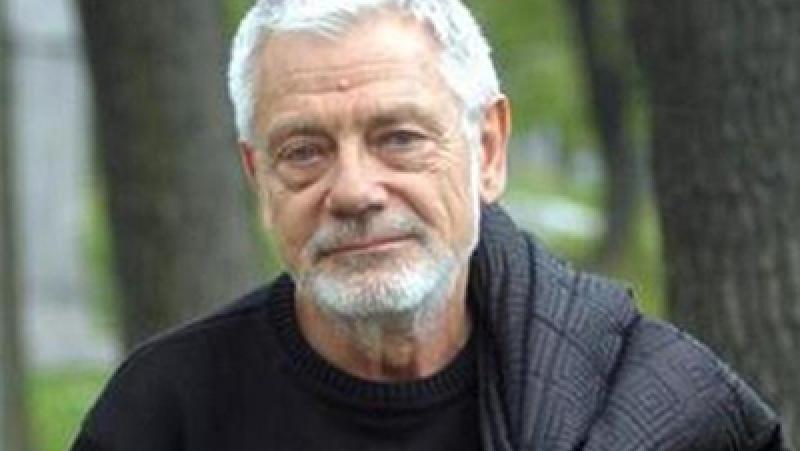/ world today news/ In this early hour of 1999, my mother Kina died suddenly. Today marks the 14th anniversary of her death, and my grief for her does not diminish.
I cried it all out already. My soul is dry.
But I know that all the dead in the afterlife heard me.
how are you up mom? How do I peer into the darkness?
After fifty years my father waited for you.
In his brightest youth death took him treacherously,
but for fifty years you remained faithful to him.
And here – you left…Why so quickly?
On time?..There is no age at all for mothers…
Is that what she decided?..To save us trouble.
And she packed the briefcase with her clothes – for God’s sake!
The money for the casket in a plastic bag…
How can I reason with you, oh, one mother!
Oh, Mom! Mother! Mother! Why did you leave me!
Over the years, our hearts supposedly become harder…
Over the years, our hearts supposedly grow colder.
I’ll be fine, mommy. You don’t think about me.
Our separation is not really possible.
You continue in me – You exist whole.
I’ve been trying to be like you all my life
and just like you I am learning to love.
2000
#Crying #Mom #View #Info
Here are two PAA-related questions for the provided text:
## Remembering Mother: A Conversation About Grief, Love, and Legacy
**Host:** Welcome to World Today News. Today, we’re delving into the raw, poignant piece ”2000″ , a deeply personal reflection on loss and memory. We’re joined by Dr. Emily Carter, a leading grief counselor, and Michael Davis, a writer specializing in memoirs and personal narratives. Welcome, both.
**Dr. Carter:** Thank you for having me.
**Mr. Davis:** It’s a pleasure to be here.
**Host:** The piece is written as a poetic monologue addressed to the author’s deceased mother. Let’s begin by discussing the nature of grief as expressed here. Dr. Carter, what struck you most about the writer’s portrayal of their grief 14 years after their mother’s passing?
**Dr. Carter:** What immediately resonated with me is the complex interplay of emotions. While the author acknowledges the passage of time, their grief is vividly present. It’s not solely sadness; there’s anger, confusion, even a hint of bargaining. This speaks to the enduring nature of grief, how it evolves and manifests differently over time.
**Host:** Michael, as a writer yourself, what did you find particularly effective about the author’s use of language and imagery?
**Mr. Davis:** The author masterfully weaves together raw emotion with lyrical prose. The metaphors, like “my soul is dry” and “you packed the briefcase with your clothes for God’s sake!”, are both relatable and deeply affecting. They create a visceral experience for the reader, allowing us to glimpse into the rawness of their pain.
**Host:** (To both guests) The poem touches on the concept of faith and an afterlife. Dr. Carter, how might these beliefs influence the grieving process?
**Dr. Carter:** Faith can be a source of comfort and solace for some, offering a sense of hope and the possibility of reunion. For others, it may lead to wrestling with theological questions or even anger. The way faith intersects with grief is deeply personal and varies greatly from individual to individual.
**Host:** Michael, the author mentions “trying to be like” their mother. How do you see this pursuit playing into the ongoing conversation with their deceased parent?
**Mr. Davis:** It signifies a yearning to carry on their legacy, to embody the values and lessons learned. It suggests that the relationship continues to evolve even after death. This kind of filial connection transcends the physical, becoming a source of internal guidance and inspiration.
**Host:** let’s talk about the poem’s final lines: “Our separation is not really possible. You continue in me. I’ve been trying to be like you all my life and just like you I am learning to love.” This feels hopeful, almost celebratory. What message do you think the author is ultimately conveying?
**Dr. Carter:** Despite the immense pain of loss, there’s a powerful affirmation of the enduring bond between mother and child. The author recognizes that love, though transformed by death, doesn’t disappear. It continues to shape their identity and their journey.


